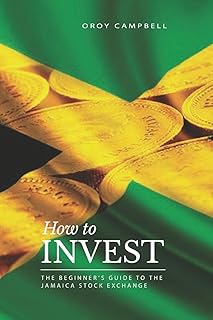Despite weak economic data and slow reforms, South African financial markets have defied expectations, with the Johannesburg Stock Exchange (JSE) hitting record highs. The rand/dollar exchange rate has also seen an upward trend, despite concerns over exports due to U.S. tariffs.
However, South Africa’s economy has been facing challenges, with growth stagnating around 1% for the past decade. The outlook remains uncertain, even with promises of reforms from the coalition government formed after the 2024 election. These reforms aim to address issues like freight and rail infrastructure, power generation, and skills development for marginalized job seekers.
The latest data on South Africa’s GDP shows a 0.8% growth in the second quarter of 2025, the fastest in two years. Despite this, private sector investment has been cautious, reflecting lingering economic uncertainties. The government aims for 3% growth within three years, while the central bank forecasts a 2% growth rate by 2027.
Unemployment remains a pressing issue in South Africa, with a staggering rate of 33.2% in the second quarter. The Minister of Employment and Labour has expressed concerns over potential job losses in industries like steel and automotive manufacturing. Efforts are underway to create job opportunities for hundreds of thousands of South Africans.
Years of mismanagement in key state institutions, particularly state-owned utility Eskom, have impeded South Africa’s growth. Recent interventions have led to improvements in power supply stability after years of blackouts. Efforts to enhance operations at ports and the freight rail company Transnet are showing gradual progress.
The strength of South African financial markets, including the JSE, has been a notable anomaly according to experts. Chief economist Kevin Lings attributes this to local asset managers viewing equities as attractively priced. The JSE has sustained its momentum above the 100,000-point mark, with factors like robust gold and platinum prices contributing to its resilience.
Analysts also point to political stability as a factor in the market’s performance, with the resolution of budget disputes within the coalition government boosting investor confidence. The South African rand has benefited from these developments, showing signs of strength against the U.S. dollar.
Overall, while South Africa grapples with economic challenges and slow reform progress, the resilience of its financial markets and the positive outlook for key sectors like mining provide a glimmer of hope for the future. Continued efforts to address structural issues and foster economic growth will be crucial in sustaining this momentum and driving long-term prosperity.
📰 Related Articles
- UK Universities Urged to Enhance Financial Transparency Amid Sector Challenges
- Sydney Theatre Company’s Record Revenue Amid Financial Challenges
- South African Financial Media Criticized for Misrepresenting Dr. Iqbal Survé’s Role in AYO Technology
- Shanghai Stock Exchange Resilient Amid Economic Challenges and Trade Tensions
- Retailer-Owned Beauty Lines Surge Amid Economic Challenges in 2025






